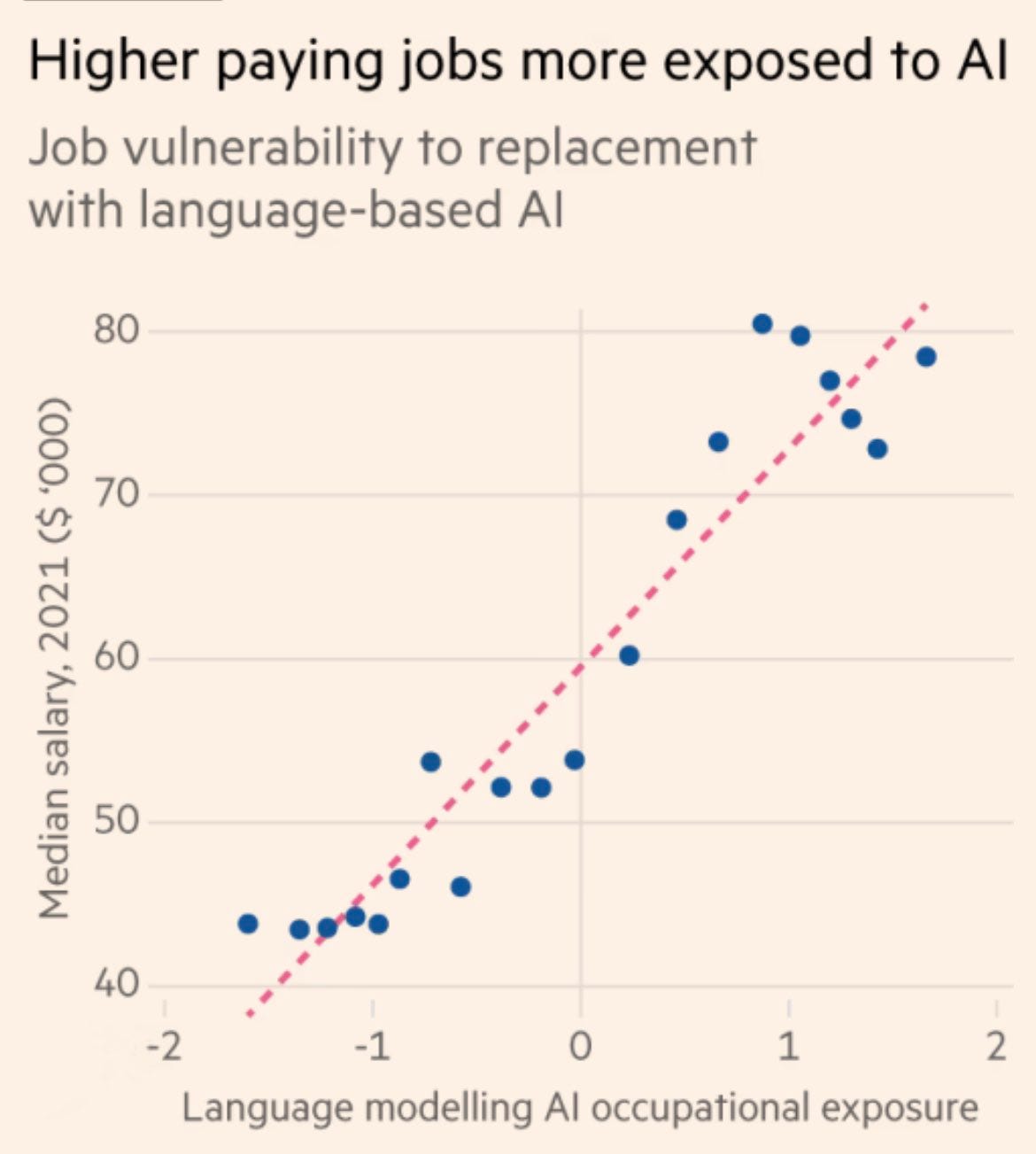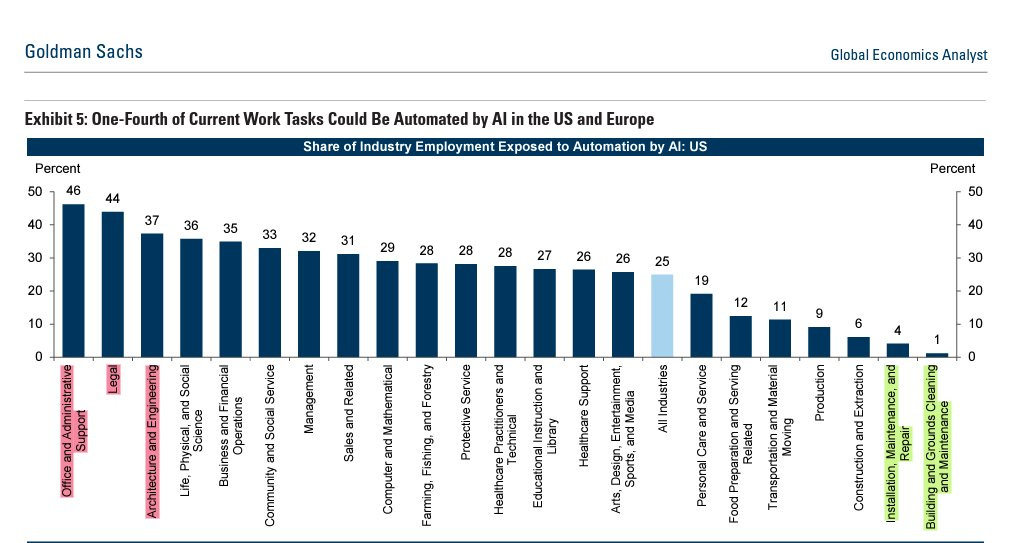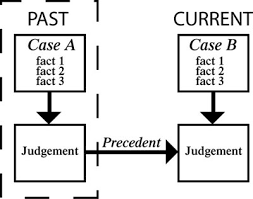Discover more from Future of the Law
Is AI about to Replace Your Legal Job?
I interviewed lawyers who got laid off during the Microsoft Office purge.
The world is abuzz with old fears packed in new bottles.
A few months of hi-tech layoffs have been playing on people’s minds, yes. Tech hiring and layoffs are cyclical.
What’s new?
Coinciding with higher interest rates and a looming recession is the unsung, dramatic and fearsome advancements we are seeing in the world of software engineering. OpenAI’s language models have turned winners in the least expected of places. Writing code. By bridging the gap between the colloquial (English/Hindi/Spanish/Cantonese) and the language of the elites (python, JS, C++, TS), there are two simultaneous ground breaking shifts that have affected high-tech industries. The interpreter has become accessible. The high priests of innovation cannot rent seek their familiarity around programming languages.
This is disorienting yet disruptive. Creating massive productivity leaps along with corresponding leaps in insecurity and fear.
Will language models replace lawyers?
Here’s another terrifying graph doing the internet rounds, manufactured by Goldman Sachs, no less.
As someone who spends all of my time doing legal work and working on artificial intelligence, do I agree with this? No.
For the same reason I don’t see GitHub Copilot and ChatGPT replacing programmers any time soon (or ever).
Lets understand what a machine learning model is.. in lawyer terms.
A large language model (LLM) is a model trained on a large corpus of existing text that can predict things such as - the next word, the classification of a text, the meaning of a word, arrangements of words. When trained on sufficiently large amounts of data, it is able to locate any bit of knowledge in the most likely context it might find itself in, and then tell you.
For example:
If you are reading about the laws applicable to motor vehicles, a machine learning model will understand that motor vehicle insurance is closer to your topic than say, divorce. While child custody is closer to divorce, than say, education. When trained well, the things this logic can do might seem magical, even intelligent.
But no matter which way you look at it, you aren’t interacting with anyone than is doing anything. You are just looking at a database that’s very good at showing you everything that is fed into it in a structured manner, if trained well.
Clients don’t hire lawyers to be walking databases.
Coding is a tool for programmers to build viable solutions. It isn’t the end in itself, much like say, drafting is a tool of conveyancing or communicating client positions, but in itself does not form the core of a lawyer’s value addition.
Lawyers call the database by many names - statutes, case law, precedents, stare decisis. Like machine learning algorithms, lawyers are concerned with the relationship between past cases, current statutes, related cases and their drafts. Existing knowledge, research and building on an existing body of work is essential to delivering a good quality opinion, draft or advice.
Legal work requires looking forward in ways that smart databases alone cannot accomplish.
If it was merely more efficiently recounting the existing legal position or replicating the best version of an existing draft that made for a lawyer, we should have been replaced at least a decade ago.
Embracing AI to make better lawyers.
AI will bring about a new layer of productivity in the legal field. It will enable lawyers to spend less time on non-core tasks, providing clients with more value for their money. Surprisingly, this may lead to higher legal fees and make legal jobs even less replaceable.
Lawyers should view AI as a tool to improve their skills and practice. Legal interns should focus on upgrading AI-generated drafts rather than creating them from scratch. Encouraging the use of AI in legal training will help future lawyers develop better attention to detail and improve their overall capabilities.
Lawyers are about to become a whole lot better.
If you are a lawyer, you should sit and enjoy the ride, instead of worrying about your job. It is only going to get more interesting.
We spent a few months working on Tipsy Tom, knowing well that Tom isn’t going to replace any lawyers. Microsoft Word compare didn’t kill our attention to detail, if anything, it enhanced it.
One of my lawyer friends told me that he doesn’t want his junior colleagues to access this kind of generative AI, because it will “spoil them”.
This is what I have to say - If you are a legal intern - you should be focussing on upgrading a Tipsy Tom draft, rather than creating one like it (like legal interns of the past). If you are a lawyer, you should encourage your legal interns to do. Else, they will produce a draft like Tipsy Tom independently instead of upgrading one.
Encouraging the use of AI in legal training will help future lawyers develop better attention to detail and improve their overall capabilities.
Perhaps the thought to leave you with is:
Like in the past, it is important not to get too carried away by risks, and engage meaningfully with the opportunities. There are many who wish the death of lawyers and legal profession, these wishes are as old as the profession itself. :)
One thing that will never change - client is king. Whoever understands this best, wins.
If only a machine learning model could understand…. anything!






